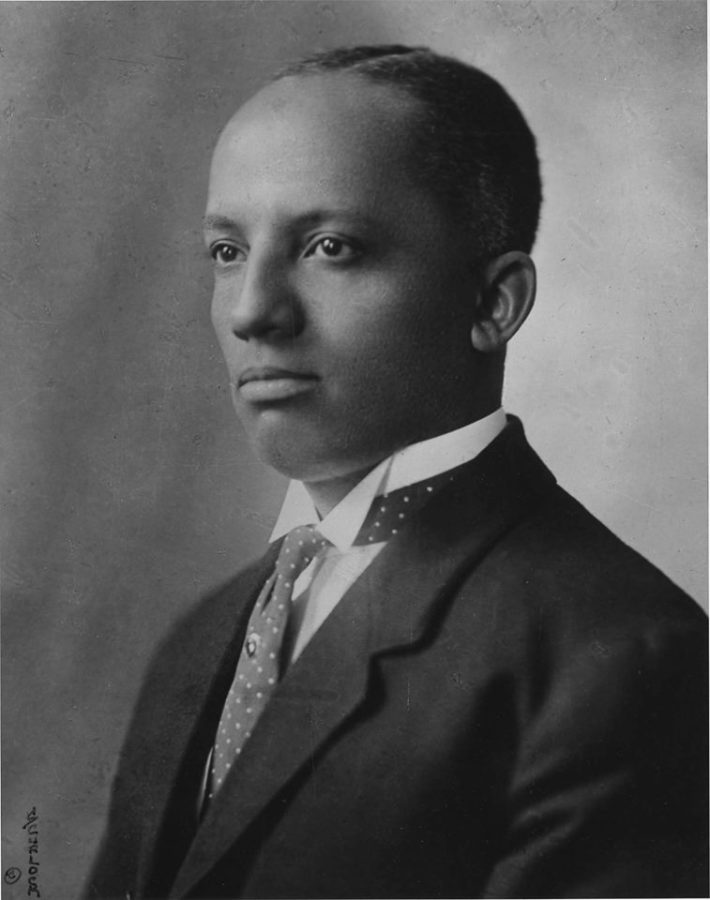The Story of Black History Month
As we close out Black History Month, let’s look back to where the celebration all started.
Carter G. Woodson set out to preserve African American History and sought out to bring a celebration around the culture.
February 23, 2022
Carter G. Woodson was born December 19, 1875, in New Canton, Virginia. At a young age, he worked as a sharecropper and a miner. Even though he started high school late, Woodson was able to complete a four-year course in less than two years.
After high school, Woodson attended Berea College and the University of Chicago, where he earned his bachelor’s and master’s degrees. In 1912, he later received a doctorate’s degree from Harvard University, becoming the second African American to earn a degree from Harvard after W.B. Du Bois.
“Woodson believed that young African Americans in the early 20th century were not being taught enough of their own heritage, and the achievements of their ancestors,” Sarah Pruitt at History.com said.
Therefore, in 1926, Carter G. Woodson and the Association for the Study of Negro Life and History (ASNLH) helped establish national negro history week. The week was celebrated during the second week of February between Abraham Lincoln’s birthday, the 12, and Frederick Douglass’s birthday, the 14.
On the 50 anniversary, in 1976, the week was changed to Black History Month. President Gerald Ford was the first president to recognize the month when it first began in 1976.
“In celebrating Black History Month, we can take satisfaction from this recent progress in the realization of the ideals envisioned by our Founding Fathers. But, even more than this, we can seize the opportunity to honor the too-often neglected accomplishments of black Americans in every area of endeavor throughout our history,” President Ford, said.
“Since then, every U.S. president has issued a proclamation honoring the spirit of Black History Month,” Sarah Pruitt said.
Woodson set out to find ways to recognize African Americans and their achievements; by doing so, it has allowed for more African Americans to be recognized in textbooks, allowed for a discovery of the past, and has encouraged African Americans to continue moving forward.





